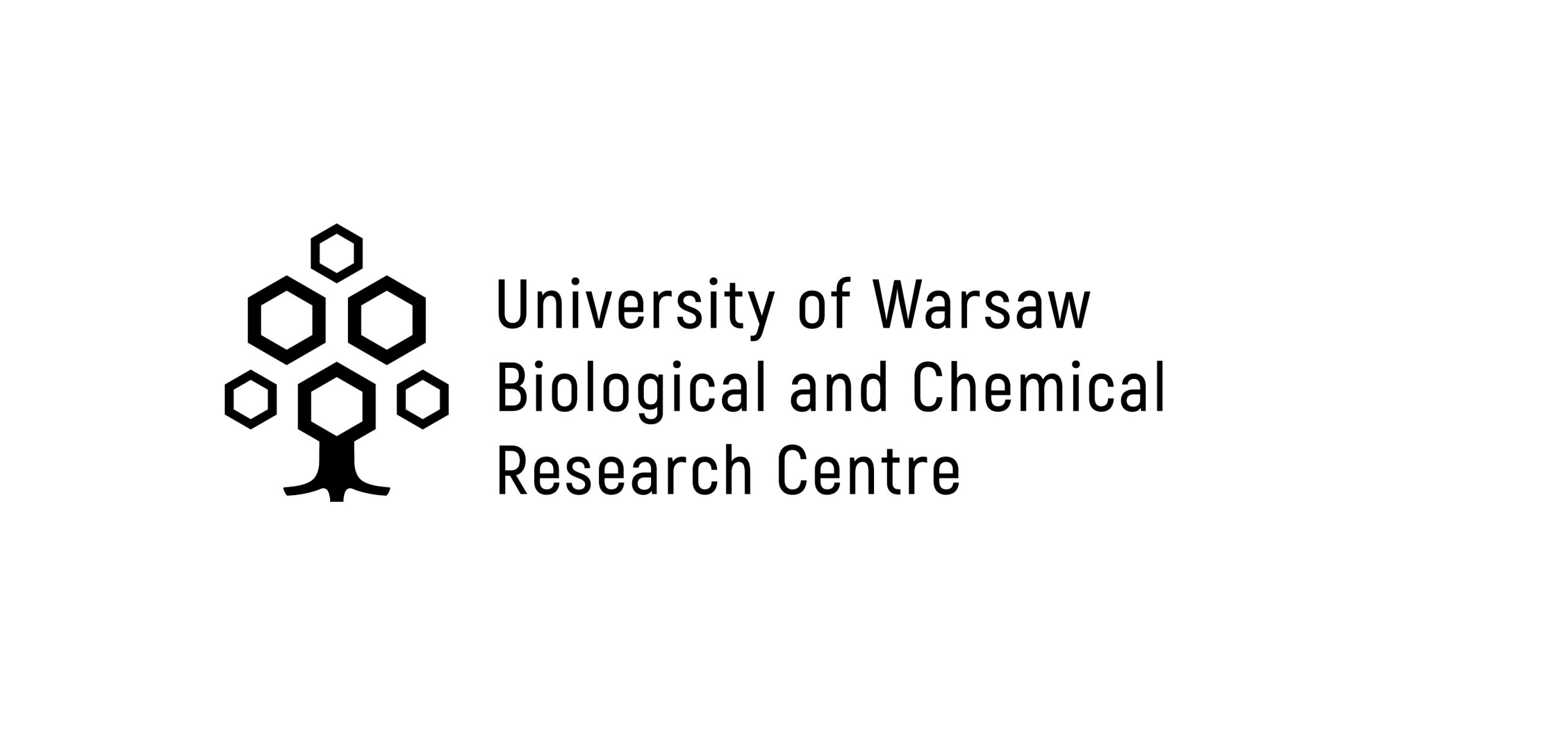World of Microplastics: Consumption, sources and Impact on people and the environment!

Microplastics are a current problem in our environment, and human consumption is almost inevitable. Still, the exact amounts of microplastics consumed are still a topic of research and scientific debate. Some studies (Pletz, M. (2022). Ingested microplastics: do humans eat one credit card per week?. Journal of hazardous materials letters, 3, 100071) suggest that we consume an amount of microplastics per week equivalent to a credit card!
Research indicates that the quantities of ingested microplastics vary depending on diet, lifestyle, and environment. However, there is currently a lack of conclusive data regarding the long-term effects of consuming microplastics on human health.
Consumer behaviors play a crucial role – making informed decisions about consumption, reducing plastic usage, supporting recycling, and promoting practices that minimize microplastic emissions are vital for environmental protection.
Further research in this field remains essential to better understand the impact of microplastics on human health and the environment.
The Interreg Baltic Sea Region Lakes Connect project aims to establish a network among various institutions, including scientific ones, to effectively address issues related to lake water pollution, particularly the problem of microplastics, especially in the context of tourist usage of lakes.
Together with four partners from Lithuania, Latvia, and Poland, we strive to find solutions that minimize the impact of tourism on lake cleanliness.

